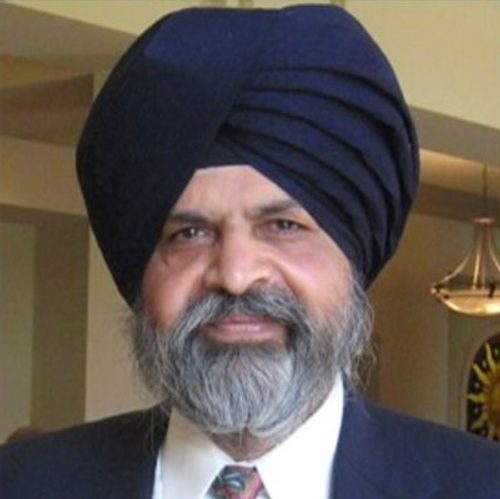- Undergraduate
Bachelor's Degrees
Bachelor of ArtsBachelor of EngineeringDual-Degree ProgramUndergraduate AdmissionsUndergraduate Experience
- Graduate
Graduate Experience
- Research
- Entrepreneurship
- Community
- About
-
Search
All Thayer Events
Jones Seminar: Jugaad Engineering
May
30
Friday
3:30pm - 4:30pm ET
Spanos Auditorium/Online
Optional ZOOM LINK
Meeting ID: 923 9477 7186
Passcode: 501051
Jugaad is a north Indian word that roughly translates to getting the job done the best way you can with limited resources. The art of Jugaad was, by necessity, the mainstay of research and development before the advent of the Industrial Revolution. Sir Isaac Newton famously invented and built the reflecting telescope with the limited resources on his family farm during the plague of 1665. My talk will be on my 46 wild-turkey years in IBM, where I unknowingly practiced the art of jugaad-style engineering, coupled with a deep reliance on the fundamentals-based approach drilled in me during my IIT Kharagpur undergraduate years.
I will present the unique jugaad-fundamental approach I took to overcome some of the significant challenges I faced during my IBM years such as a low-cost corrosion chamber I invented and developed for testing electronic hardware; a planar solder joint approach to facilitate the study of electromigration in solders; and a means to test the effect of airborne particulate matter on the reliability of mission-critical computers.
Hosted by Professor Ronald Lasky.
About the Speaker(s)
Prabjit Singh
Senior Technical Staff Member, IBM Poughkeepsie

Prabjit Singh is a senior technical staff member at IBM Poughkeepsie, with 46 years of experience in the metallurgical engineering aspects of mainframe computer power, packaging, cooling, and reliability. For many years, he taught a graduate course on power electronics at The State University of New York at New Paltz. He authored the ASHRAE book on data center gaseous and particulate contamination, has 89 issued patents, and is an IBM Master Inventor. He is a distinguished alumnus of the Indian Institute of Technology and an iNEMI Fellow.
PJ received a BTech degree in metallurgical engineering from the Indian Institute of Technology in 1969 followed by MS and PhD degrees in metallurgy from the Stevens Institute of Technology, Hoboken, New Jersey. Later, he received an MS in micro-electronic manufacturing from the Rensselaer Polytechnic Institute, Troy, New York, and an MS in electrical engineering from Walden University, Minneapolis, Minnesota.
Contact
For more information, contact Amos Johnson at amos.l.johnson@dartmouth.edu.
